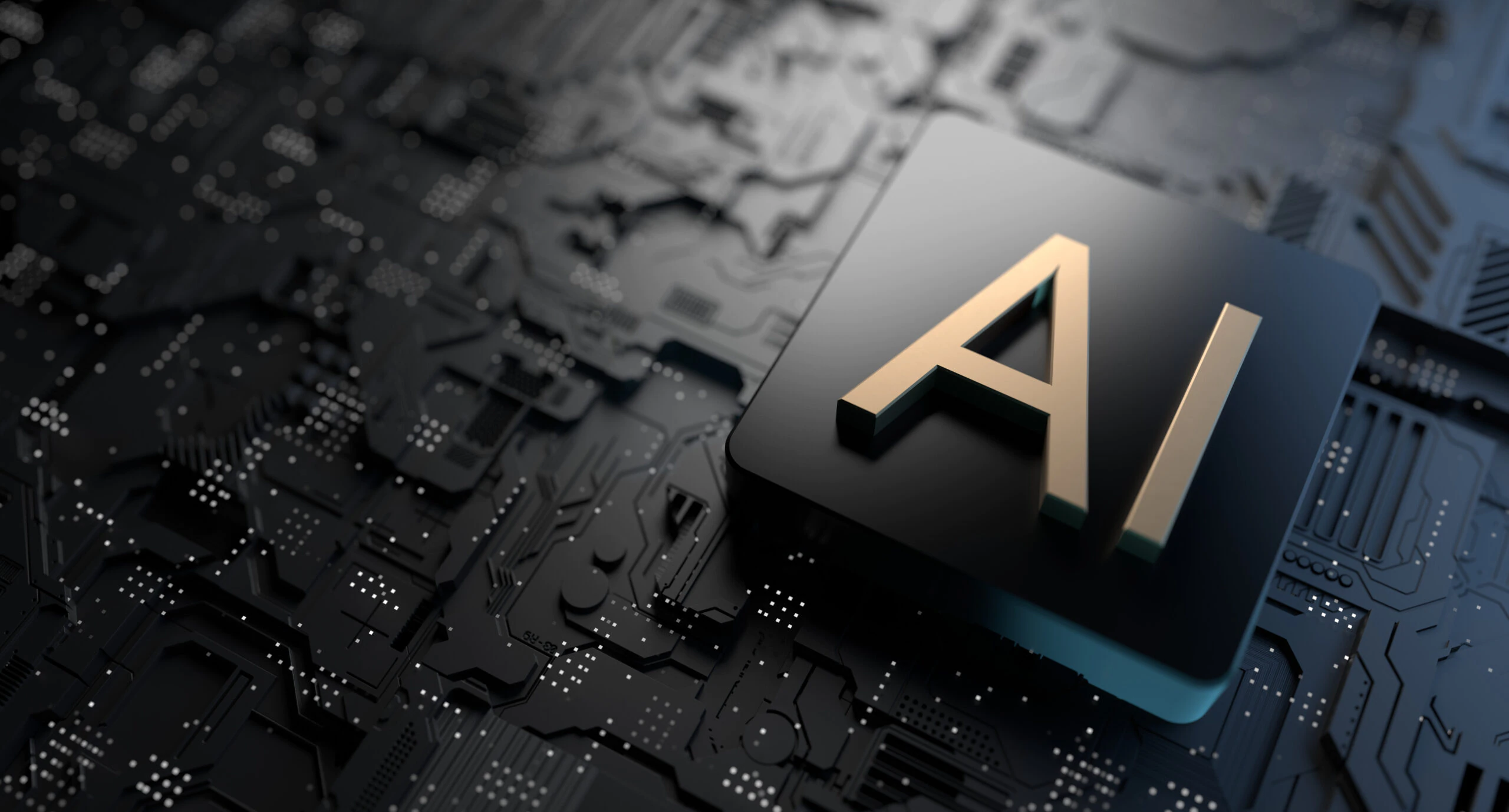MAJOR CHALLENGES OF AI
INTRODUCTION
Artificial intelligence (AI) is one of the most complex and rapidly-evolving fields of technology today.
There are a number of major challenges that need to be addressed in order to make AI more widespread and useful. These include the development of better algorithms, the handling of large amounts of data, the improvement of user interfaces, and the creation of ethical guidelines.
In this article, we will explore each of these challenges in depth and discuss how they can be addressed. We will also highlight some of the latest developments in AI that are helping to overcome these challenges.
AI - THE INTELLIGENCE OF MACHINES
As we all know, Artificial intelligence is Intelligence exhibited by machines.
In layman’s terms, artificial intelligence is the ability of machines to mimic human intelligence. This can be done in a number of ways, including through the use of algorithms, machine learning, and natural language processing.
Artificial intelligence has a number of applications, including in the field of healthcare, finance, manufacturing, and logistics. However, as with any new technology, there are a number of challenges that need to be overcome before it can be fully realized.
1. Challenges Around AI Interpretability & Explainability
As AI becomes more ubiquitous and more sophisticated, the challenges it poses to society will only become greater. One of the biggest challenges is around interpretation and explanation.
2. Challenges in AI Safety and Security
As AI becomes more sophisticated, it presents new challenges in terms of safety and security.
One of the biggest challenges is ensuring that AI remains safe and does not cause any harm. With so much at stake, it is important to make sure that AI cannot be hacked or tampered with, and that it operates within predefined parameters.
Another challenge is ensuring that AI is secure. With such a large volume of data being processed by machines, it is important to make sure that this data is not compromised in any way. Hackers could potentially gain access to sensitive information or use AI for their own nefarious purposes.
3. Challenges Arising from Quality of Data
One of the major challenges faced with AI is dealing with the quality and type of data. Like normal computers, Ai is also garbage-in-garbage-out. AI works best when it has a large set of data to learn from and analyze. Without it, AI can’t really do its job properly. As a result, you’ll need to ensure that the data you have is of high quality, properly structured, and organized in order for your AI application to make accurate decisions. Furthermore, there’s a concern about potential privacy issues when collecting and storing large amounts of data.
4. Issues Around Automation and Job Losses
Automation has caused disruptions to everyday jobs and the economy. AI technology is developing rapidly and is beginning to have a major impact on the labour market. Job losses, in particular, are a significant issue for many people. As AI continues to advance, more jobs will be lost and replaced by machines that can do the same work faster and more efficiently. This will leave many people without traditional employment opportunities and could lead to an increase in unemployment rates. Additionally, if machines continue to replace human labour, it could lead to a decrease in wages for those who remain employed.
5. Barriers to Adoption of AI Technologies
These challenges range from technological limitations to cost and skillset shortages. Although there are plenty of benefits to be gained from artificial intelligence, there are still certain barriers that need to be addressed before its widespread adoption.
First, there is a high cost associated with developing and maintaining AI-powered systems and applications. This cost can be prohibitively expensive for many organizations, especially small businesses. Additionally, the technology itself can be difficult to integrate into existing infrastructure. Many organizations lack the technical expertise needed to create and maintain AI-based platforms and applications, which further adds to the high cost of development.
Finally, there can also be cultural barriers within companies when it comes to embracing new technologies. Acceptance from executives, stakeholders, and employees must all be considered before implementing these changes.
With the above evaluation, it is only right to say that the technology to address these challenges is available but there is need to work on addressing these challenges to make sure that AI is used for the greater good. AI has to be reliable, safe, trustworthy, and ethical.
As AI becomes more and more a part of our lives, addressing these challenges is of grave importance.









